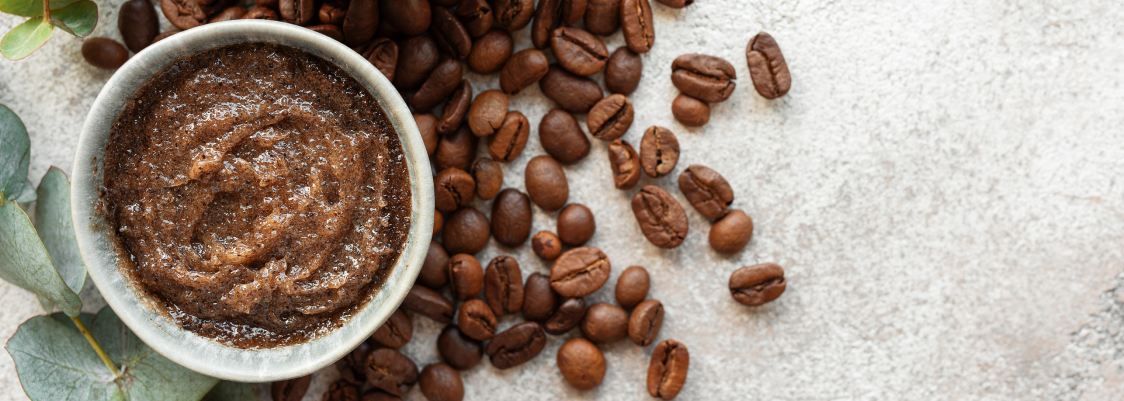Understanding Brown and Green Compost Material
Green materials are those that are rich in nitrogen. These tend to heat the compost pile and allow microorganisms to multiply quickly. Some examples of green material are grass clippings, vegetable and fruit scraps, eggshells and animal manure.
Brown materials are carbohydrate-rich. Their main job is to be a food source for all the microorganisms and help allow air to filter through the pile. Some examples of brown material are fallen leaves, twigs, straw or hay, and paper (from newspapers, printing paper, paper plates and napkins, coffee filters etc.).
Both green and brown compost material must be used together in a 4:1 ratio.
Green materials are those that are rich in nitrogen. These tend to heat the compost pile and allow microorganisms to multiply quickly. Some examples of green material are grass clippings, vegetable and fruit scraps, eggshells and animal manure.
Brown materials are carbohydrate-rich. Their main job is to be a food source for all the microorganisms and help allow air to filter through the pile. Some examples of brown material are fallen leaves, twigs, straw or hay, and paper (from newspapers, printing paper, paper plates and napkins, coffee filters etc.).
Understanding Brown and Green Compost Material
Green materials are those that are rich in nitrogen. These tend to heat the compost pile and allow microorganisms to multiply quickly. Some examples of green material are grass clippings, vegetable and fruit scraps, eggshells and animal manure.
Brown materials are carbohydrate-rich. Their main job is to be a food source for all the microorganisms and help allow air to filter through the pile. Some examples of brown material are fallen leaves, twigs, straw or hay, and paper (from newspapers, printing paper, paper plates and napkins, coffee filters etc.).
Both green and brown compost material must be used together in a 4:1 ratio.
Green materials are those that are rich in nitrogen. These tend to heat the compost pile and allow microorganisms to multiply quickly. Some examples of green material are grass clippings, vegetable and fruit scraps, eggshells and animal manure.
Brown materials are carbohydrate-rich. Their main job is to be a food source for all the microorganisms and help allow air to filter through the pile. Some examples of brown material are fallen leaves, twigs, straw or hay, and paper (from newspapers, printing paper, paper plates and napkins, coffee filters etc.).
